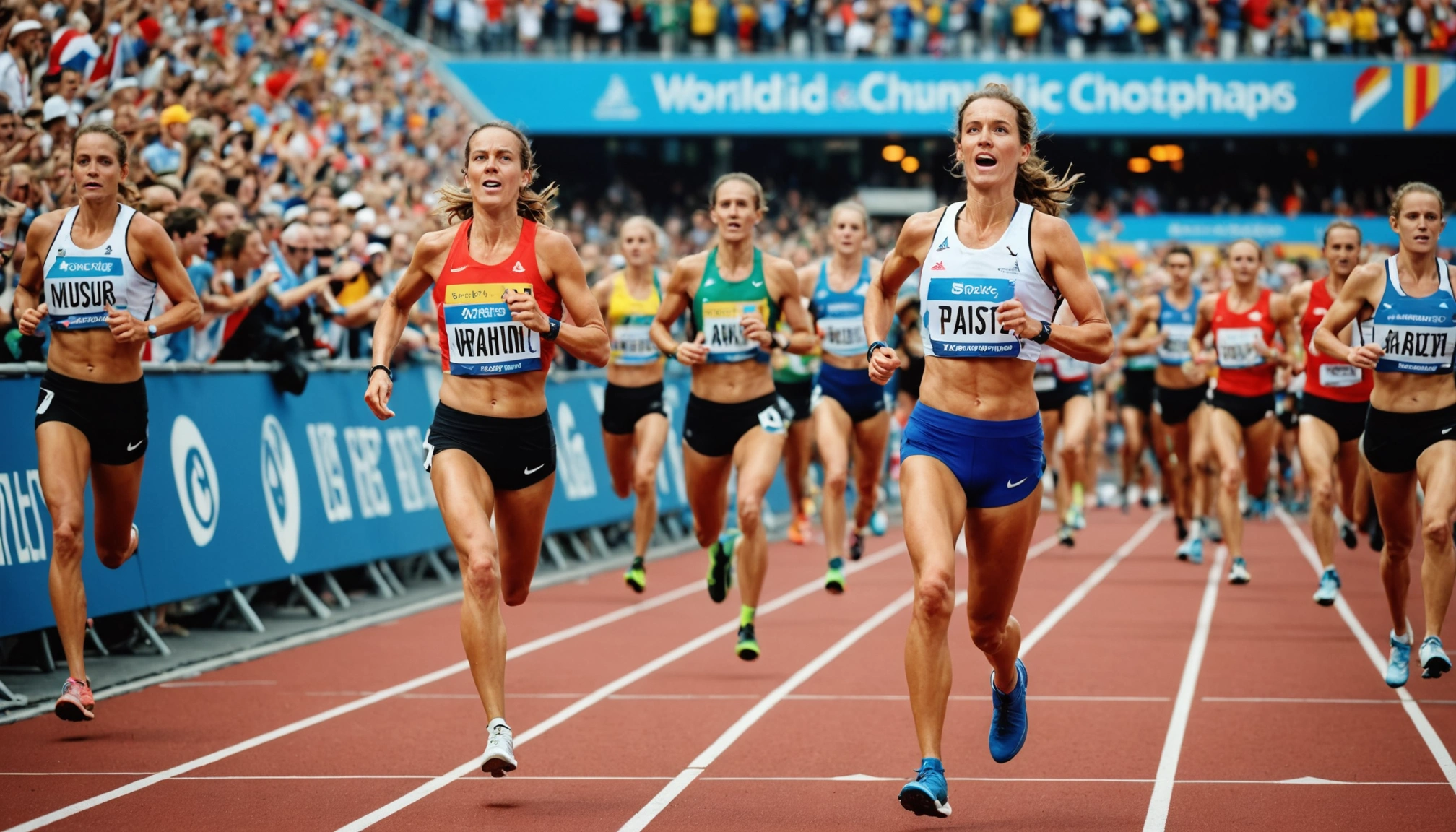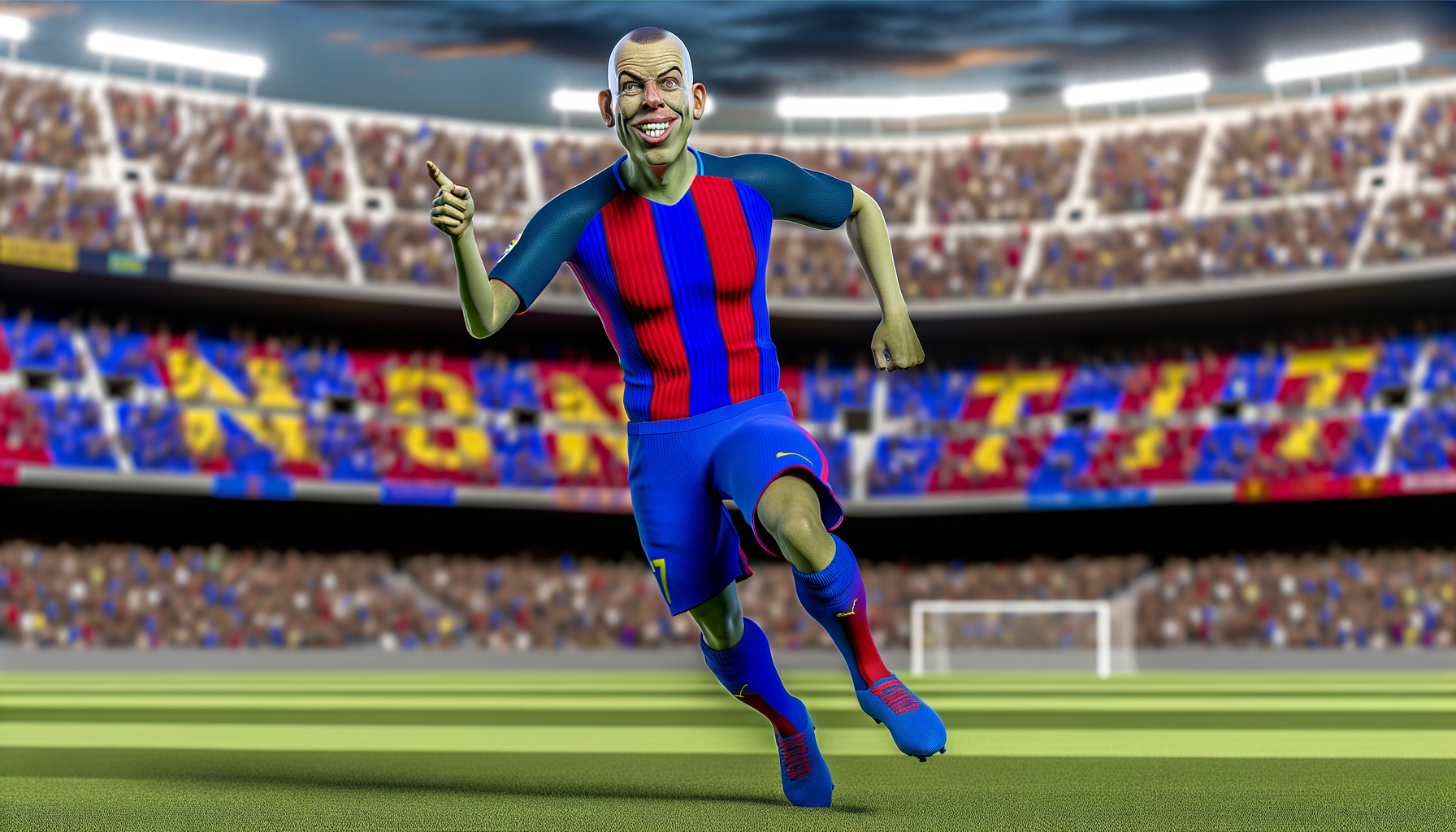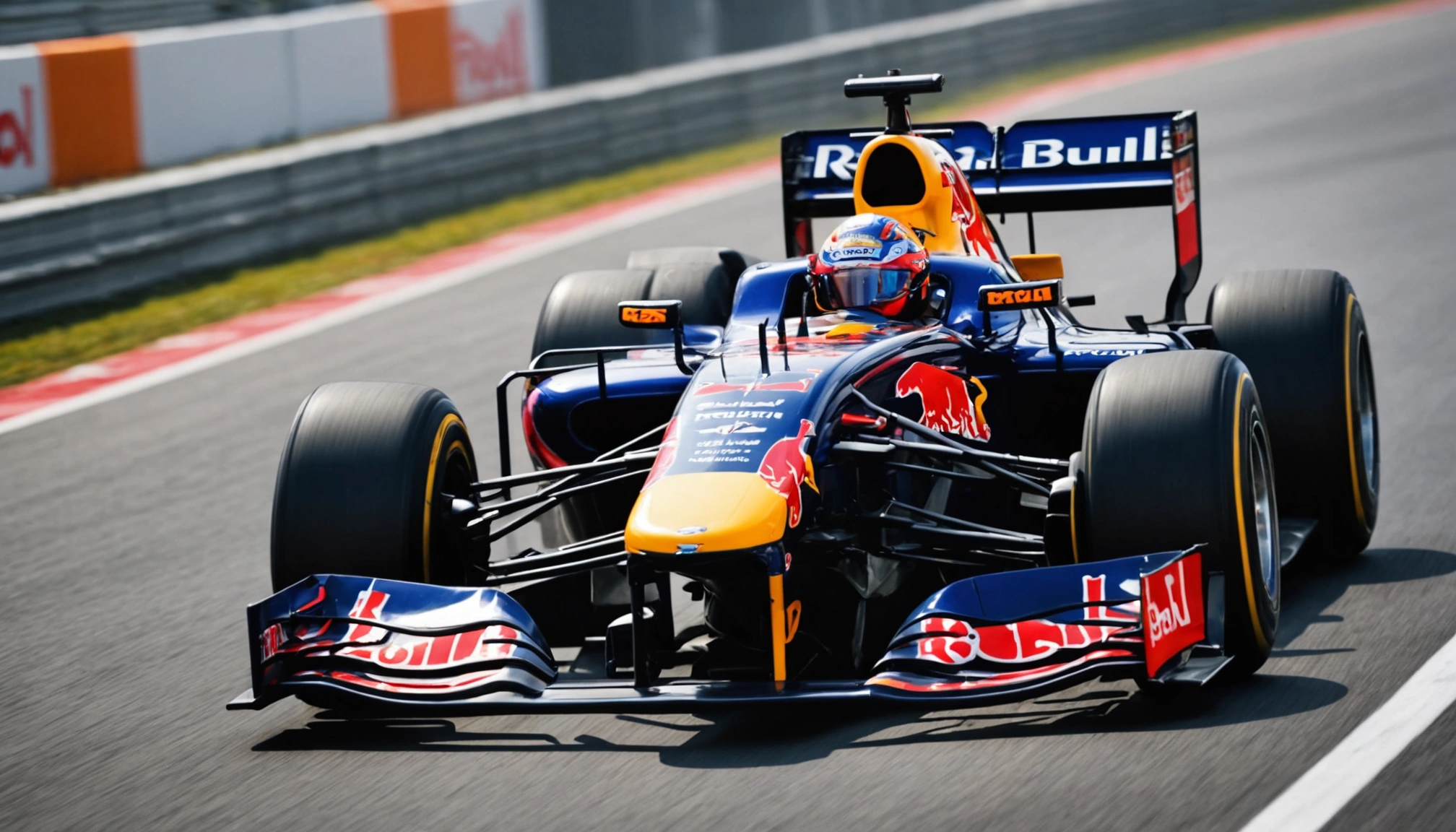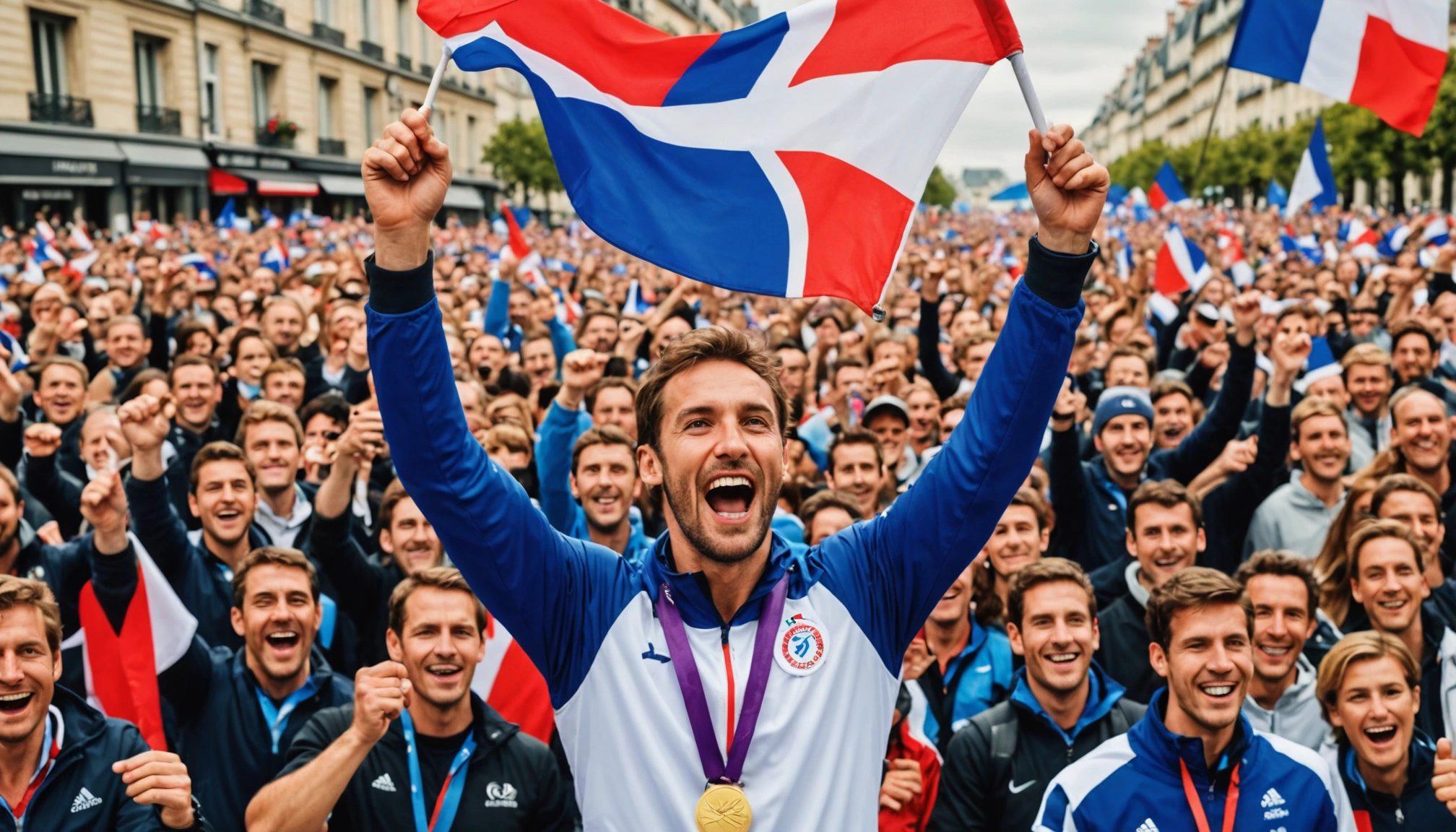Julia Paternain Makes History For Uruguay In Marathon
Discover how Julia Paternain, former English Schools champion, earned Uruguay’s first World Athletics Championships marathon medal in a stunning performance.

By Editorial
Introduction To Julia Paternain's Historic Achievement
Julia Paternain’s remarkable bronze medal at the World Athletics Championships in Tokyo marked a historic moment for Uruguay. As the nation’s first-ever medal in this global event, her success is not only a personal triumph but a significant milestone for Uruguayan athletics. This article explores how Paternain’s journey from an English Schools 3,000m champion to a world-class marathon runner unfolded.
Early Years And Development In The UK
Born to Uruguayan parents but raised in the UK since the age of two, Julia Paternain’s athletic foundations were laid in British schools. Her back-to-back victories in the English Schools 3,000m championships in 2017 and 2018 showcased her early promise. These formative experiences helped her develop critical racing tactics and mental strength, as she later reflected on the similarities between those races and her marathon finish in Tokyo.
The Role Of English Schools Athletics In Shaping Talent
The English Schools Championships have long been a breeding ground for future British and international athletes. Paternain’s success there underlined the competition’s ability to nurture talent that can transition to senior levels. This pathway is similar to other British athletes who have moved from school-level success to professional careers, highlighting the importance of domestic competitions in global sports development.
Transition To International Competition And Marathon Debut
After representing Great Britain in the 10,000m at the 2019 European Under-23 Championships—where she placed sixth—Paternain shifted focus towards marathon running. Remarkably, her Tokyo performance came in only her second competitive marathon race, where she was ranked 288th globally. This rapid ascent underscores her natural endurance and adaptability to long-distance events.
Challenges And Surprises In The Tokyo Marathon
Despite not being a favourite, Paternain’s tactical approach and resilience during the race allowed her to steadily advance through the field. Navigating the unfamiliar environment, including language barriers and uncertainty about her position, she stayed focused on crossing the finish line. Her final time of 2:27:23 was a personal best and secured Uruguay’s first-ever medal at the World Athletics Championships, a feat celebrated by many across the sport.
Impact On Uruguay And Athletics Globally
Julia’s medal has put Uruguay on the athletics map in a new way, inspiring a nation not traditionally known for distance running. This breakthrough could encourage investment and development in Uruguayan athletics programs, potentially fostering future generations of runners. It also highlights the increasing globalisation of sports, where athletes often develop in different countries but compete for their ancestral homelands.
Comparing Uruguay's Emerging Presence To Established Powers
While countries like Kenya and Ethiopia continue to dominate long-distance running, emerging nations are making strides. Paternain’s achievement parallels developments in other sports where less traditional nations challenge established powers, reminiscent of how Australia’s cricket dominance evolved, as discussed in our detailed analysis of Australia’s cricket dominance and the upcoming Ashes battle.
Lessons From Paternain’s Journey
Her path to success offers valuable lessons for athletes and coaches alike. The importance of grassroots competitions, such as the English Schools events, cannot be overstated, acting as a springboard for international achievement. Moreover, embracing challenges—like competing in unfamiliar conditions and managing race-day uncertainties—can lead to unexpected victories.
Looking Ahead: The Future Of Julia Paternain And Uruguayan Athletics
At just 25, Paternain’s future in long-distance running looks promising. Continued support and tailored training could propel her to further success on the world stage, including the Olympic Games. Meanwhile, Uruguay’s athletics community may leverage this historic medal to enhance their programs and inspire young athletes nationwide.
For those interested in broader Olympic developments, our piece on How the IOC is reshaping the Olympic Games for the future provides insights into how global sports events continue to evolve.
Conclusion
Julia Paternain’s bronze medal represents more than personal glory; it is a beacon for Uruguay’s sporting aspirations and a testament to the power of international athletic pathways. Her story demonstrates how determination, early development, and seizing opportunities can culminate in historic achievements. As athletics grows increasingly global, stories like Paternain’s remind us of the diverse journeys athletes undertake to reach the podium.
Related topics
Editorial
Sports expert at SportsScoop
Specialist in sports analysis and journalism
Related articles
Want to read more?
Explore our comprehensive collection of sports articles and analysis, or contact us for more information.



